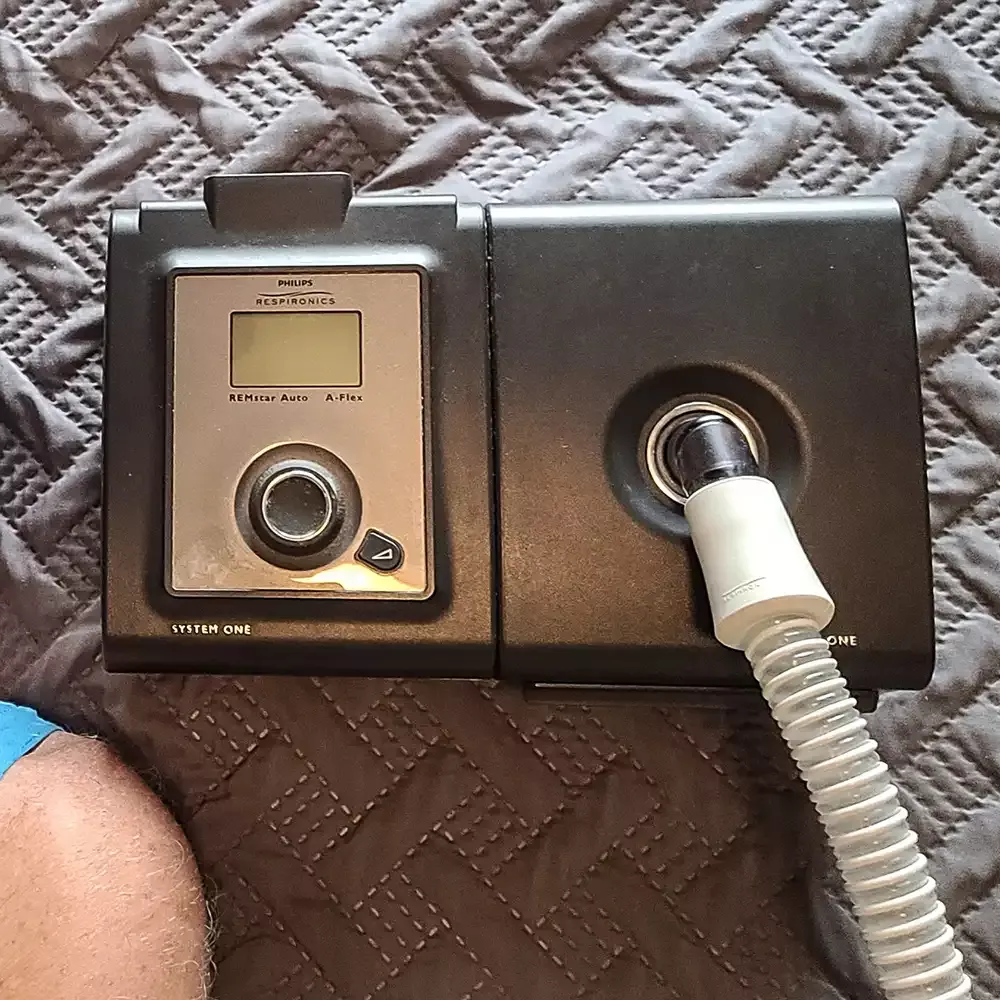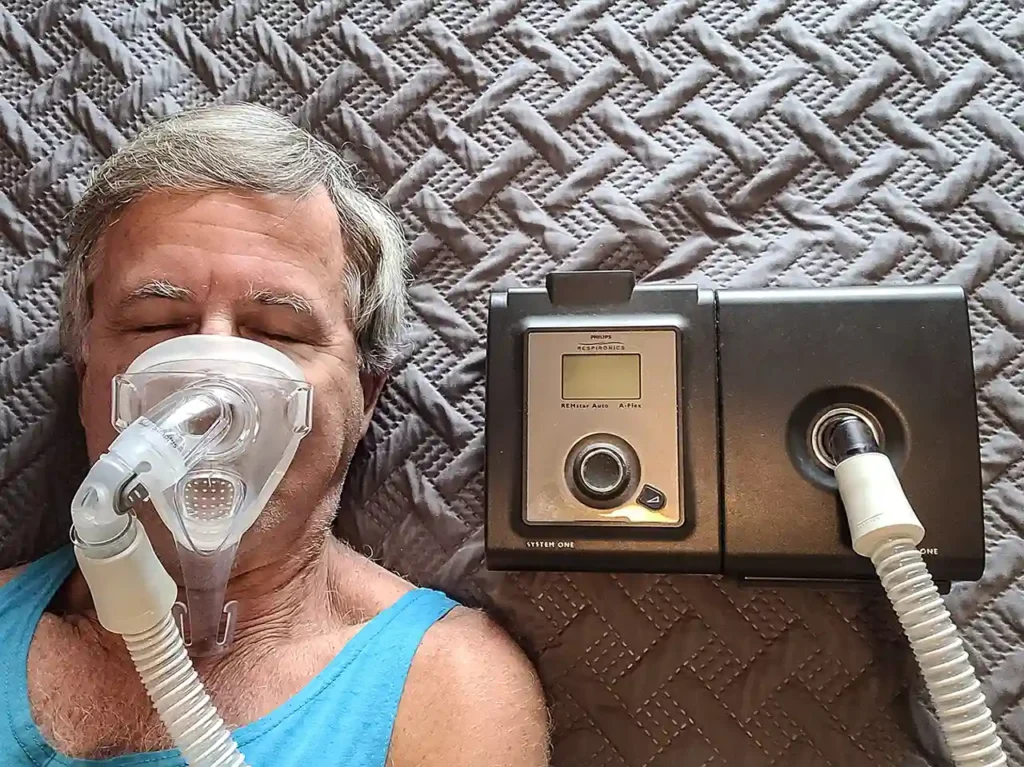
Sleep Apnea and Bariatric Surgery: 7 Important Things You Must Know
Bariatric Surgery and Sleep Apnea: 7 Important Things You Must Know
Waking Up to Wellness: The Connection Between Obesity, Sleep Apnea, and Bariatric Surgery
Obesity and sleep apnea are common health problems that frequently coexist, resulting in a harmful cycle affecting general well-being. Both illnesses have the potential to dramatically affect the quality of life, raising health risks and reducing day-to-day functioning. Understanding the link between them and surgical procedures is vital for those considering bariatric surgery as a viable weight loss strategy.
For obese people, bariatric procedures like gastric bypass or sleeve gastrectomy can result in significant weight loss. Here, we’ll examine the complex connection between obesity, sleep apnea, and bariatric surgery, highlighting important factors and insights to assist people in making wise choices on their path to greater health and wellness.

1. Understanding Obesity and Its Impact on Sleep Apnea
Obesity, described as excessive body fat, has been closely associated with a frequent sleep disease marked by breathing pauses while asleep. Episodic cases of sleep apnea can result from excess body fat, particularly in the neck and upper airway.
The added weight and fat deposition might upset the body’s hormonal balance, impacting respiratory control mechanisms and exacerbating the symptoms. It is essential to recognize the risk factors, recognize the signs, and consider suitable interventions, such as bariatric surgery, for effectively controlling both illnesses and promoting overall wellness.
2. Causes, Symptoms, and Risks of Sleep Apnea
It is characterized by interruptions in breathing, which can have significant health implications. Here are some causes, symptoms, and risks associated with it:
I. Causes
- Obesity: Excess weight can increase fat deposits around the neck, narrowing the airway and causing breathing difficulties.
- Anatomy of the airway: Structural abnormalities, such as enlarged tonsils or a deviated septum, can obstruct the airway and trigger a bout of sleep apnea.
- Muscle tone: Reduced muscle tone in the throat and tongue can cause the airway to collapse, resulting in breathing disruptions.
- Central nervous system disorders: Certain medical conditions, such as Parkinson’s disease or stroke, can affect the brain’s control over breathing and lead to sleep apnea.
II. Symptoms
- Loud snoring
- Gasping or choking
- Pauses in breathing followed by abrupt awakenings
- Daytime fatigue
- Morning headaches
- Poor concentration and irritability
III. Risks
- Cardiovascular problems, including high blood pressure, heart disease, and stroke
- Type 2 diabetes
- Depression and anxiety
- Decreased quality of life and impaired daily functioning
Accurate diagnosis and management are essential. It’s vital to get a medical examination and explore the best treatment options with a healthcare provider if you believe you or a loved one may suffer from it.
3. How Bariatric Surgery Affects Obesity and Sleep Apnea
It has been established that bariatric surgery works well to help obese people lose weight. Beyond its advantages for weight loss, this kind of surgery can significantly help. With increased airflow and fewer signs of sleep apnea, bariatric surgery may alter the structure of the upper airway.
Studies have demonstrated that bariatric surgery can significantly lessen the severity of it, including the number and length of apneic episodes and improvements in oxygen saturation levels. Additionally, the reduced inflammation and improved metabolism that come with weight loss from bariatric surgery may help lessen its symptoms.
It’s crucial to remember that not all people with it are good candidates for bariatric surgery. A complete medical evaluation is necessary to identify each patient’s best course of action.
4. Preparing for Bariatric Surgery: Assessing Sleep Apnea Risk
It’s critical to evaluate the risk of it while considering bariatric surgery as a possible weight-loss procedure and to take the required safety measures. Here are some essential things to think about.
• Pre-surgery Evaluation:
Patients should go through a thorough assessment to determine their risk. This assessment may involve a detailed medical history, physical examination, and sleep testing.
• Determining Risk Factors:
Obesity, family history, and the existence of other medical disorders should all be carefully considered as potential risk factors for the sleep disorder.
• Collaborative Approach:
A multidisciplinary team of healthcare professionals, including pulmonologists, sleep medicine specialists, and bariatric surgeons, can cooperate in evaluating the risk and creating a suitable treatment strategy.
• Improving Sleep Disorder Management:
Improving management is essential before having bariatric surgery if it is found. This may entail employing continuous positive airway pressure (CPAP) therapy or other therapies to ensure proper sleeping breathing.
• Counseling and education:
Patients should get counseling regarding the significance of managing their sleep apnea before and after surgery and the possible effects of untreated sleep apnea on surgical results.
• Close Monitoring:
Its symptoms and treatment effectiveness should be closely monitored after surgery. Any adjustments should then be made to guarantee the best possible sleep quality and general health.
People can reduce potential consequences and optimize the safety and success of bariatric surgery as part of their journey towards better health and well-being by carefully analyzing the risk and improving its management.
5. What to Expect for Post-Surgery Effects on Sleep Apnea
Bariatric surgery can significantly impact it, potentially improving or resolving the condition in some cases. After undergoing bariatric surgery, individuals may experience changes in their sleep apnea symptoms as they lose weight and their overall health improves.
Many patients may notice a reduction in the frequency and severity of episodes, leading to improved sleep quality and daytime alertness. The weight loss achieved through bariatric surgery can also positively affect the risk factors associated with it, such as reducing obesity-related inflammation and metabolic abnormalities.
However, it’s important to note that the impact of bariatric surgery on it can vary from person to person, and some individuals may still require additional treatment for sleep apnea even after surgery. Close monitoring by healthcare professionals and adherence to post-surgery guidelines for sleep apnea management is essential to optimize the long-term outcomes for individuals who undergo bariatric surgery.
6. Managing the Sleep Disorder after Bariatric Surgery: Tips and Strategies
Bariatric surgery can be a life-changing intervention for individuals struggling with obesity, as it can lead to significant weight loss and improved overall health. Besides the positive effects on weight, bariatric surgery can substantially impact it, improving symptoms and sleep quality for many patients. However, managing sleep apnea after bariatric surgery requires ongoing attention and care. Here are some tips and strategies that can help.
• Regular Follow-up:
Attend regular follow-up appointments with your healthcare provider to monitor your sleep apnea and overall health.
• Weight Loss Maintenance:
Maintain a healthy lifestyle by following the recommended diet and exercise plan to prevent weight regain, which can affect sleep apnea.
• Continuous Positive Airway Pressure (CPAP) Use:
If you were using a CPAP machine before surgery, continue to use it as prescribed, even if your symptoms improve.
• Sleep Position:
Avoid sleeping on your back, as it can exacerbate sleep apnea. Sleep on your side instead.
• Alcohol and Sedatives:
Avoid alcohol and sedatives, as they can relax the muscles in your throat and worsen sleep apnea
• Lifestyle Modifications:
Quit smoking, limit caffeine intake, and establish a regular sleep routine to promote healthy sleep patterns.
• Monitor Symptoms:
Stay vigilant, monitor for any changes or worsening of its symptoms, and consult your healthcare provider if needed.
• Support System:
Seek support from healthcare professionals, friends, and family to help you stay accountable and manage sleep apnea effectively.
You can improve sleep apnea treatment, sleep better, and general wellness by adopting these suggestions and techniques into your post-bariatric surgery regimen. Always seek the advice and care of your healthcare provider for individualized advice.
7. Long-Term Benefits of Bariatric Surgery
As an effective weight loss intervention, bariatric surgery can significantly reduce excess body weight, alleviating the severity of sleep apnea symptoms. Studies have found that weight loss from bariatric surgery can improve airflow during sleep, reduce the frequency and duration of apneas (pauses in breathing), and increase oxygen levels in individuals with sleep apnea.
Moreover, sustained weight loss after bariatric surgery has been associated with improvements in other sleep apnea risk factors such as insulin resistance, inflammation, and abdominal fat deposition. These positive outcomes can lead to enhanced sleep quality, increased daytime alertness, and improved overall health and well-being.
However, it’s important to note that the long-term benefits of bariatric surgery on sleep apnea may vary depending on individual factors such as surgical procedure, weight loss maintenance, adherence to post-surgery lifestyle changes, and close monitoring and follow-up with healthcare professionals is crucial to ensure optimal outcomes.
Understanding the intricate connection between obesity, sleep apnea, and bariatric surgery is essential for those seeking practical solutions for their health and well-being. In some instances, bariatric surgery has shown promising long-term benefits for sleep apnea, providing hope for improved sleep quality and overall health. If you or a loved one consider bariatric surgery a potential option, we encourage you to take proactive steps toward informed decision-making. Register for our next webinar, call our office for more information, or visit our website to learn how bariatric surgery can positively impact sleep apnea and help you wake up to wellness. Your journey towards better health starts now.
List of references: